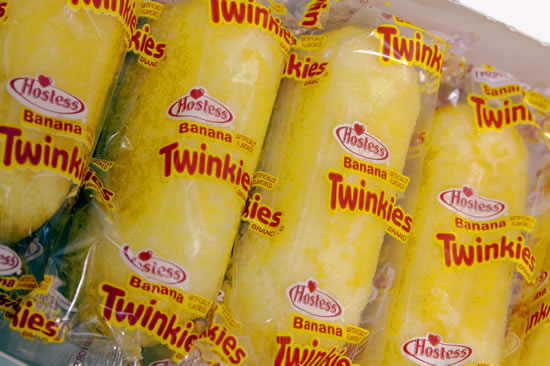Union That Bankrupted Hostess to Receive Generous Government Subsidies
Ashe Schow /
The union whose strike led to the bankruptcy of Hostess last year has just been awarded government benefits from a program few qualify for.
Last year, the Bakery, Confectionery, Tobacco Workers and Grain Millers International Union refused to accept concessions that would have kept Hostess in business. The company had tried to cut costs as it faced high labor expenses, rising ingredient costs, and decreasing sales. The Teamsters union accepted the concessions, but the Bakery union would not, choosing to strike. Unable to continue operating, Hostess filed for bankruptcy.
Now those who helped bring down an American icon will receive generous, taxpayer-funded benefits from the Trade Adjustment Assistance (TAA) program. These generous benefits come in addition to existing unemployment insurance, job placement, and job training programs. TAA benefits include:
- Up to two years of job training in an approved training program,
- Up to 52 weeks of Trade Readjustment Allowances for workers in job training,
- Job search and relocation allowances,
- A refundable “health care tax credit” that covers 65 percent of a worker’s health insurance premiums in qualifying health plans, and
- A two-year wage insurance program that partly replaces workers’ earnings if they accept lower-paying jobs.
Small wonder David Durkee, president of the Bakery union, does not think his newly unemployed members’ “income situation is any different than it would have been if they were [still] working for the company.”
But why are Hostess employees getting extra benefits intended for workers who lost their jobs due to trade?
The Department of Labor claims that “increased imports of baked products contributed importantly to the company’s sales declines and worker separations.” That is quite a stretch. The Atkins diet surely did more damage to the company than trade did. Even if imports contributed to Hostess’s downfall, there is no escaping the fact that the company tried to adjust but the union rejected its efforts. The job losses had little to do with foreign trade.
Nonetheless, the Administration is providing trade-related benefits to employees who put themselves out of work.
As Heritage’s David Muhlhausen and James Sherk write:
Under TAA, the government taxes all Americans to provide especially generous benefits to a selected few.

